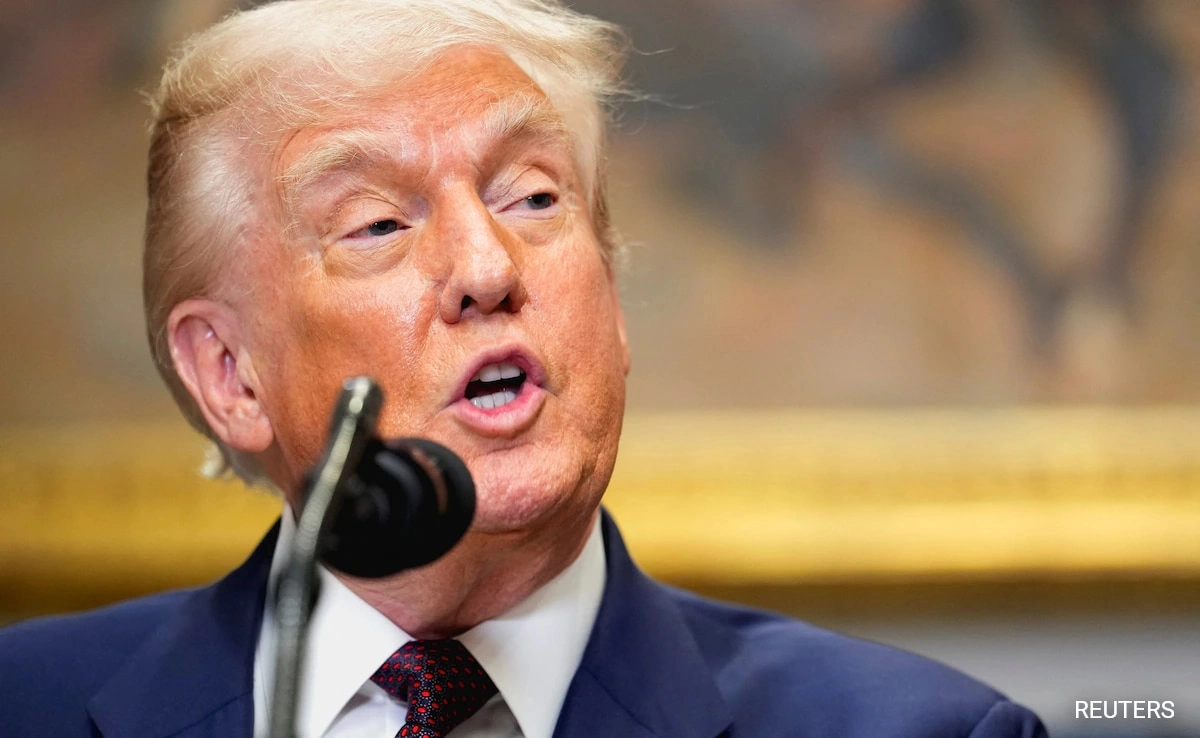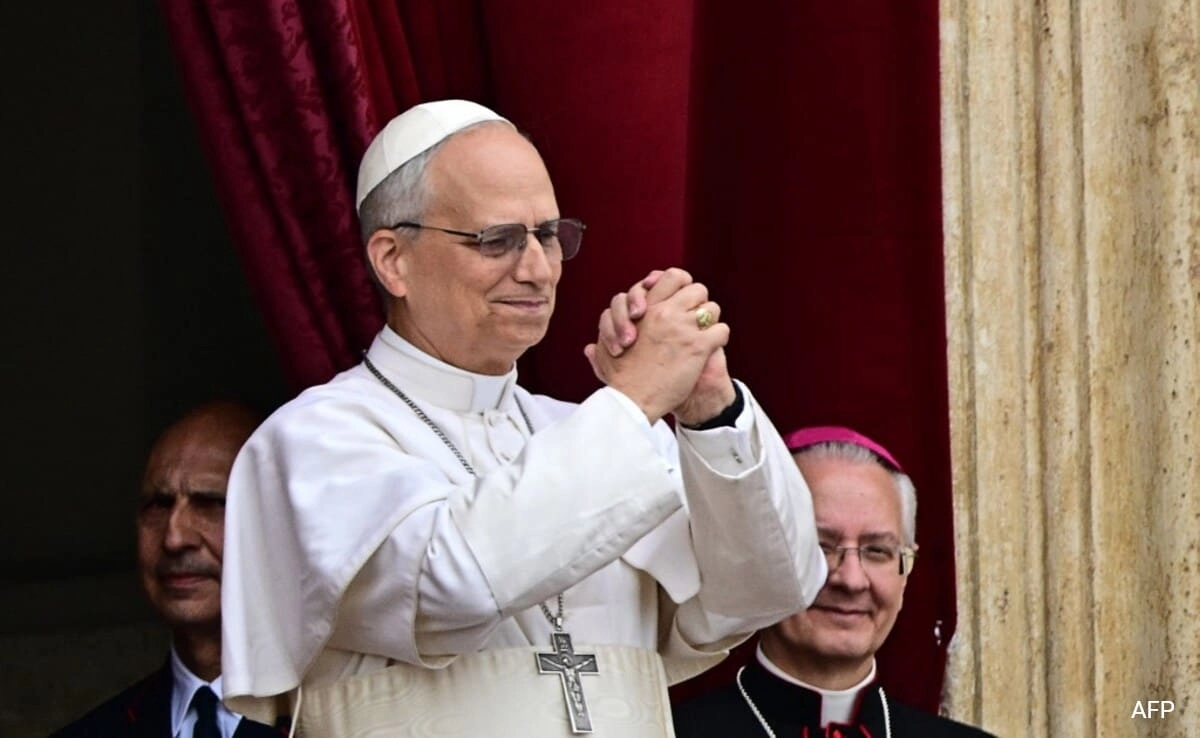The White House has put forth a compelling argument for awarding former President Donald Trump the Nobel Peace Prize, citing his administration’s remarkable achievement of resolving one conflict each month during his term in office. This assertion highlights a series of diplomatic efforts that, according to the administration, contributed significantly to global stability and peace. The argument emphasizes that Trump’s unique approach to foreign policy, which often involved direct engagement with adversaries and unconventional tactics, played a crucial role in defusing tensions that had long plagued international relations.
Supporters of this initiative argue that Trump’s foreign policy achievements, such as the normalization of relations between Israel and several Arab nations, demonstrate a departure from traditional diplomatic practices. These historic accords, known collectively as the Abraham Accords, are presented as a testament to the former president’s ability to foster dialogue and build bridges where previous administrations had struggled. The White House contends that such milestones not only transformed relationships in the Middle East but also set a precedent for future negotiations, thereby promoting peace on a broader scale.
Critics, however, question the validity of the White House’s claims, arguing that the peace achieved during Trump’s presidency was often superficial or short-lived. They point to ongoing conflicts and humanitarian crises that persisted despite the administration’s claims of success. Moreover, detractors suggest that the Nobel Peace Prize should be awarded based on sustained efforts and tangible results, rather than a series of one-off agreements. This ongoing debate highlights the complexities of evaluating diplomatic efforts and the criteria for recognizing true contributions to global peace.
As the conversation surrounding Trump’s potential nomination for the Nobel Peace Prize continues, it serves as a reminder of the polarized perspectives on his presidency. While supporters celebrate his achievements in international diplomacy, opponents raise valid concerns about the long-term impacts of his policies. Ultimately, the question of whether Trump deserves such an esteemed recognition will likely remain a contentious issue, reflecting the broader divisions in contemporary American politics and the diverse interpretations of what constitutes genuine progress toward peace.




